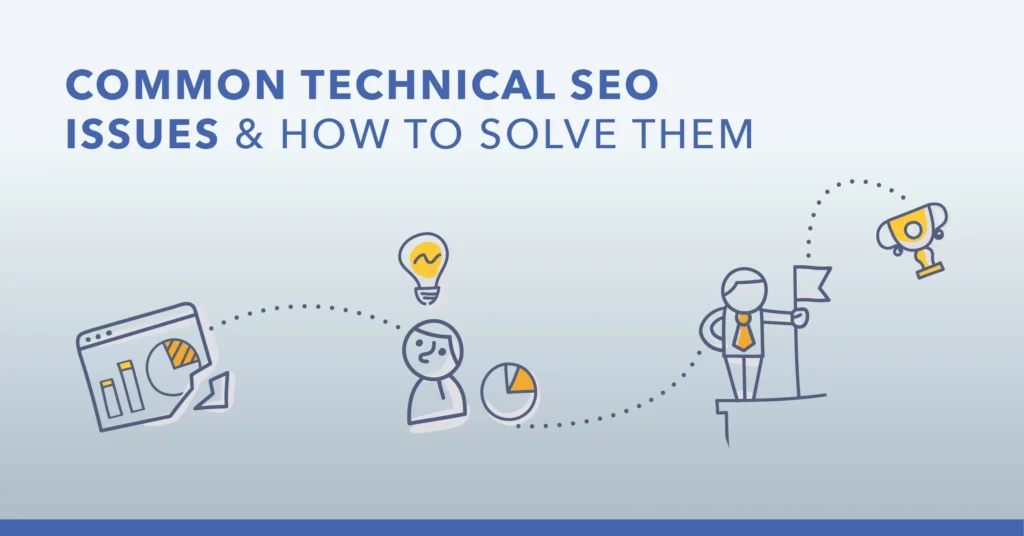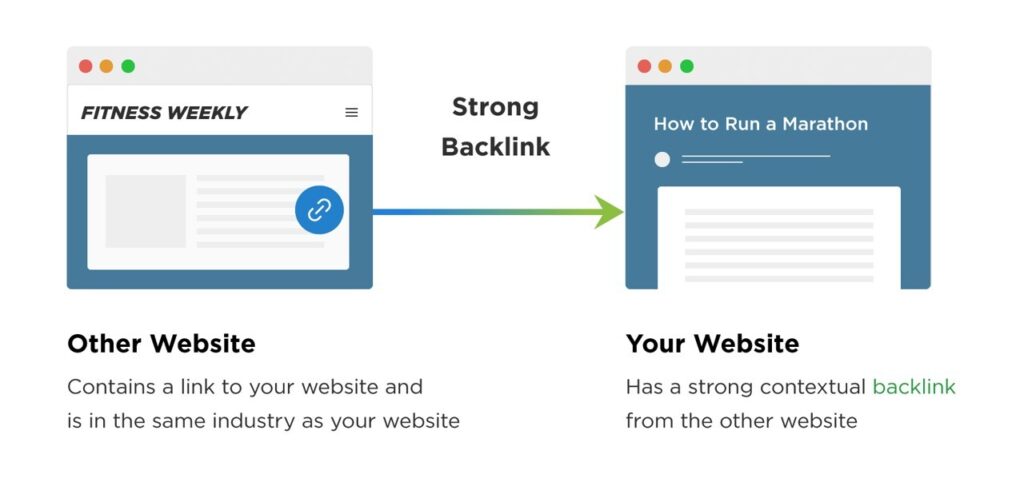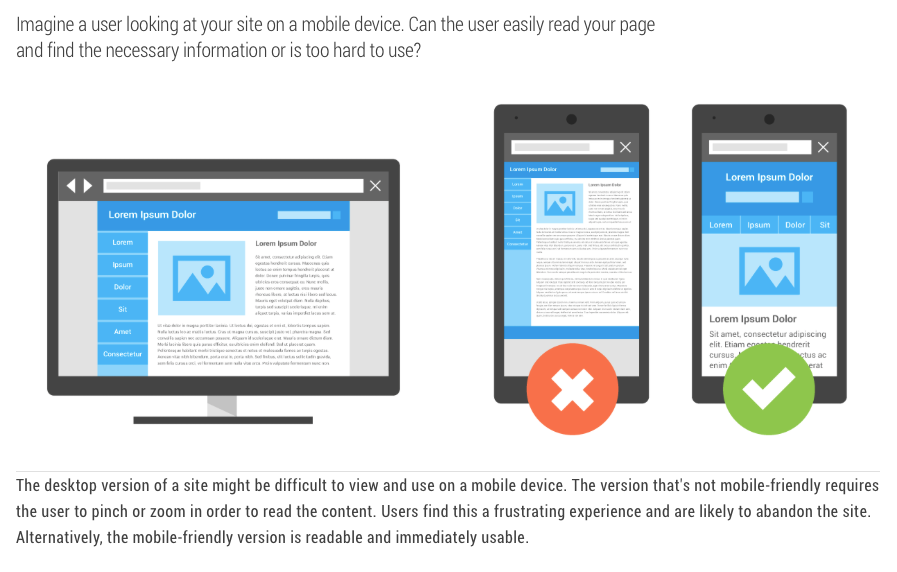
Factors That Are Slowing Down Your SEO Progress
Search Engine Optimization (SEO) is the secret key to boosting your sales, Generating more leads, and increasing your website ranking or visibility on search engine result pages such as Google, Bing, Yahoo, and more
Good SEO means you can reach a wide audience or in a simple way we can say more people can find your site, leading to more traffic and potentially more customers of your products and services.
But because of many things can slow down your SEO progress as well. This blog will explore these factors and how to fix them.
Table of Contents
13 Factors that are slowing down your SEO.
1. Content Quality
High-quality and relevant content is crucial for SEO. When it comes to attracting and retaining website visitors, content reigns supreme. Search engines like Google, Binder, and Yahoo prioritize that content, is useful, well-written, and relevant to what users are searching for.
So, Poor content quality can be a major factor in users leaving your site quickly, which hurts your SEO. To diversify your content types, use a variety of blog posts, articles, videos, infographics, and podcasts. To develop your authority in the sector, focus on solving problems, answering questions, and delivering new insights. Well-researched, visually appealing, relevant to the business or services and shareable content is more likely to be shared on social media platforms, bringing more visitors to your website.

Some tips to improve content quality:
Research your topics first:
Make sure you understand what your audience’s interest nowadays is related to your business and what problems they need solutions for.
Write clearly and concisely
Avoid using complex language. Aim to be clear and to the point.
Use visuals
Images, infographics, and videos can be very helpful to make your content more engaging.
Update old content
Regularly review and update your existing content on the website to keep it relevant and accurate according to the particular time.
2. Common Technical Issues
Technical SEO issues like slow page load speed, mobile optimization issues, and broken links can hinder your SEO by affecting your users’ experience.
Technical SEO involves making sure that the setup of your website helps search engines find and index your content efficiently and Common technical issues can prevent search engines from properly understanding your site.

Here are some common problems and solutions:
Broken links
Regularly check your all links and fix broken links on your website so search engines can identify your website properly.
Incorrect use of meta tags
Yes, Incorrect Meta Tags can also be problematic so, ensure each page has unique and descriptive meta tags (title tags and meta descriptions).
Messy URLs –
Use clean, readable, and simple URLs with highly ranked & relevant keywords.
Website Structure
Website Structures are a major reason for users to leave your site, something they don’t find your website is friendly. That’s why you should have to Organize your site properly and logically with a clear hierarchy.
3. Poor Website Performance
A slow website can hurt your SEO badly because no one has time to pass, that’s why users won’t wait for slow pages to load these days. If your site takes too long to load, 90 to 95% of visitors will leave your site before it even finishes loading. though, You are facing this problem with your site, solve this as soon as possible.

To improve website performance, consider these tips:
Optimize images
Make sure your site’s images are not larger than necessary. Use formats like JPEG or PNG and compress images to reduce file size accordingly.
Leverage browser caching
This stores parts of your site in the user’s browser so they don’t have to reload the entire page every time they visit.
Use a content delivery network (CDN)
A CDN can distribute your site’s content across multiple servers, resulting in faster load times.
Minimize scripts and plugins –
Too many scripts and plugins can make your website slow down. Remove any that are unnecessary for your website or services.
4. Lack of Backlinks
When you read something on the site, you can see some words can be different in font or color because they added a link with those particular words..
when you click on that link you can go on the website directly. These backlinks allow you to jump from one website to another’s page. Google and other big search engines think backlinks heavily influence the quality and quantity of your website.
So, Backlinks are links from other websites to your site. They are important for SEO because they signal to search engines that your content is trustworthy and valuable. It’s important to get quality backlinks from reputable sources. So, the next time someone asks “how the number of backlinks impacts the website” Remember this.

Here’s some tips for how you can build backlinks:
Create high quality content
People are more likely to click on a link to your content if it’s useful, Relevant, and informative according to the topic.
Guest blogging
Write articles for other websites about your industries, products or services. Include a link back to your site in your author bio and within the content as well.
Engage in online communities
Participate in forums, social media groups, and other online communities related to your industry. Share your content when appropriate and reply to comments.
Reach out to influencers
Connect with influencers in your industry and ask them to share your content or Collab with you in short videos like Instagram and Facebook Reels and YouTube shorts.
5. Ineffective Use of Meta Tags
Meta tags help search engines to understand your page’s content. Ineffective use of meta tags, like missing or duplicate tags, can hurt your website rankings on search engine page Results.

To make the best use of meta tags use these tips:-
Title tags
Keep Title tags between 50-60 characters and include important & appropriate keywords.
Meta descriptions
Write compelling descriptions between 150-160 characters that accurately describe your content and include ranked keywords with them too.
Avoid duplication
Ensure that each page of your site has unique meta tags to avoid confusion.
Duplicate Content
Duplicate content confuses search engines and can decrease your website’s rankings because search engines won’t know which version to show in search results. Always create unique content for each page. If you have duplicate content on your site, remove them or use canonical tags to indicate the preferred version of a page.
6. Not Mobile Friendly
Many people use mobile devices to browse the web, so having a mobile-friendly website is essential. Google uses mobile-first indexing, meaning it primarily uses the mobile version of your site for ranking.

How to make sure your site is mobile-friendly:
Responsive design –
Ensure your site looks nice and works properly on all devices, such as laptops, smartphones, and tablets.
Fast loading times
Mobile users are less patient with slow. loading sites. Then, Optimize images and use a CDN to speed up your site’s loading time.
Readable text
Make sure the text is not too large or too small to read.
Easy navigation
Use clickable and clear buttons and menus that are easy to use on a mobile device.
7. Ignoring User Experience (UX)
User experience (UX) is very important for SEO. A site that’s easy to use and looks good keeps users engaged for a longer time which helps your SEO.
Here are some tips for improving UX:
Easy navigation
Make sure visitors can easily find what they’re looking for.
Clear layout
Use a clean, simple design that isn’t cluttered with too many elements. If your website looks messy, visitors leave your site in a wink.
Engaging content
Use visuals, infographics, and interactive elements to keep users interested in your content but remember your content should be relevant, and informative too.
Fast loading times
Ensure your site loads in a wink to keep users from leaving.
8. Insufficient Social Signals
Social signals such as likes, shares, and comments on social media can affect your SEO. They show that people find your content valuable and engaging or not
Share your content
Regularly post your content on different social media platforms.
Engage with your audience
Respond to comments, participate in conversations, share information about your industry or business, and join the community.
Encourage sharing
Add social sharing buttons to your content thus users can share your contact with anyone else when they want.
9. Lack of Regular Updates
Regularly updating your site with fresh content shows search engines that your site is active and relevant. Without regular updates, your site can drop in rankings.
Hot to keep your site fresh:
Add new blog posts
Regularly write and publish new relevant articles on your site.
Update old content
Review existing content and update it from time to time with new information.
Post timely updates –
Share news, events, and other timely information relevant to your audience and industry.
10. Overlooking Local SEO Optimization
For local businesses, local SEO is important. It helps your business appear in local search results, making it easier for local customers to find you.
How To Optimize For Local Seo:
Google My Business
Claim and optimize your Google My Business listing.
Local keywords
Use keywords relevant to your local area in your website’s content.
Customer reviews –
Encourage satisfied customers to leave reviews on Google and other review sites. Reviews help to make customers’ trust.
Local backlinks –
Get backlinks from local businesses and organizations.
11. Ignoring Analytics Data
Analytics data provides information about your website performance and user behavior. Ignoring this data means missing opportunities for improvement. Check your analytics regularly to make better SEO decisions.
Here’s how to use analytics data effectively:
Track key metrics
Monitor important metrics like traffic, bounce rate, and conversion rate.
Identify trends
Look for patterns in your data to see what’s working and what’s not.
Make data-driven decisions –
Use your findings to make informed changes to your SEO strategy.
12. Ineffective Internal Linking
Internal linking helps search engines understand your site’s structure and find new content. Poor internal linking can hurt your rankings and create confusion for visitors too. Make sure your internal links are helpful and guide users through your site effectively.
Here are some tips:
Use descriptive anchor text –
Make sure the text you use for links is descriptive and relevant to the linked page.
Link to relevant pages –
Ensure the pages you link to are not irrelevant to the content.
Avoid overlinking –
Don’t add too many links in one blog, it can be overwhelming.
FAQs
Backlinks are crucial for SEO as they show search engines that your content is trustworthy and they can help to drive More traffic to your site. More quality backlinks can improve your site’s ranking.
Good UX means users stay on your site for longer and engage more, which helps your SEO. Search engines prefer sites, which have a better user experience.
Common technical issues include broken links, slow loading speeds, poor use of meta tags, dirty URLs, and not being mobile-friendly. Regular checkups can help correct these problems.
Improve loading speed by optimizing images, Don’t use larger images which is not necessary, use browser caching, use a CDN, and reduce unnecessary scripts and plugins.
Duplicate content confuses search engines and can decrease your site rankings on search engine page results. Always use unique content for each page.
Social media activity creates social signals such as a sharing button, likes button, and comments section, which show search engines that your content is engaging and valuable.
Local SEO optimization is important because it helps businesses appear in local search results, making it easier for local customers to find your business. This is crucial for businesses that rely on local customers. By addressing these major factors, you can greatly improve your SEO techniques and achieve better search engine rankings. Regularly review and update your SEO strategy to keep up with changing algorithms and user behavior.
Technologies We Use









Designing Services
- Graphic Designing
- Website Designing
- Video Marketing
Digital Services
Contact Us
- Phone Number: +918400768290
- Phone Number: +919137351850
- Email: info@editvo.com
- Location: A-34C, Sector 49, Noida, UP, 201307 (India)
©2025, Editvo - Complete Advertising Solution . All Rights Reserved.
Seeking Expert Guidance?
Consult with Us for Top-Tier Services . We Guarantee That You Will Be Able To Have Any Issue Resolved Successfully Within 24 Hours.
Unlock Your Website's Potential with an Expert SEO Audit Report
Fill out the form to get a detailed report

